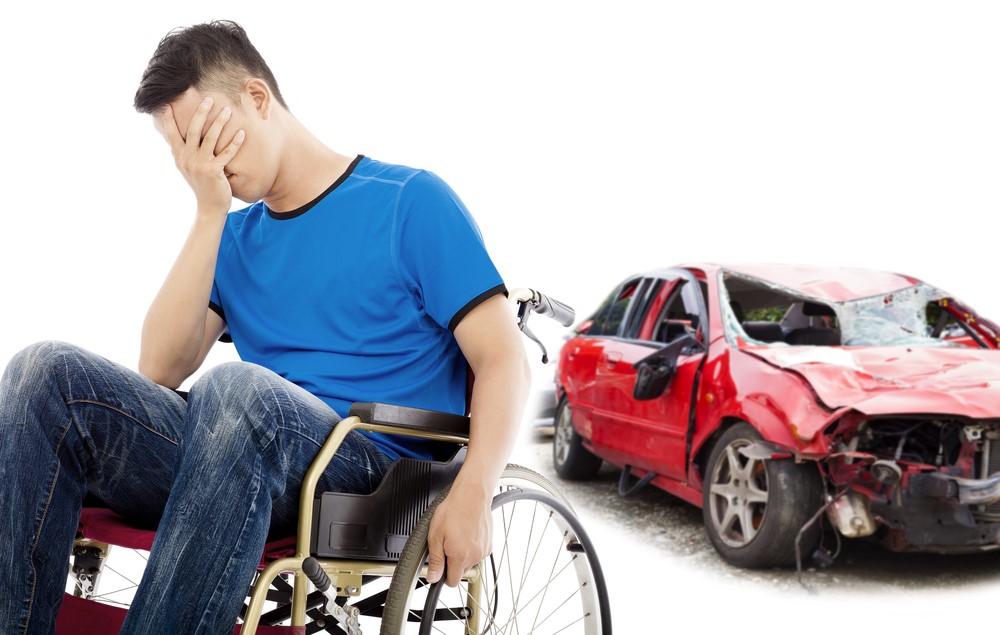You’re a firm believer in how alcohol can be a great stress reliever. This is why whenever you’re with your friends, you always drink with them, and you don’t mind driving during the wee hours of the morning just to get home after drinking as you’ve been used to the routine of drinking countless bottles of beer and driving home afterward. For you, this kind of set-up didn’t get you in any trouble, so there’s no point in changing your ways. You think that you can still be safe even when you’re drunk – or so you thought.
The most obvious reason why you should never drink and drive is that this increases your risks to be involved in fatal accidents. But aside from the obvious, you might not know that DUI (Drinking under the influence) also affects your mental health in more ways than one. If you fail to see the connection between the two, this article might help you.
What Are the Legal Consequences of DUI?

If you have never been involved with any DUI offense, you might not have any idea of what happens in the process. Yes, you’ll be asked by police officers to pull over when you’re on the road, but DUI offense is more than that. Some of the most legal consequences of DUI are as follows:
- You’ll have enhanced penalties;
- You’ll have jail time;
- You’re required to pay for fines and fees;
- Your license will be suspended; and
- Your vehicle may be installed with ignition interlock devices.
How Is DUI and Mental Health Connected?
It’s essential to know what are the legal consequences of DUI so it’ll be easier for you to comprehend how these can affect your mental health. Your mental health will be at risk once you’re involved with any DUI offense because:

- DUI can give you depression: When you’re experiencing all of the consequences of DUI at once, depression can strike and can affect your life in the long run. Sure, you might have been caught for DUI once, but this has long-term effects. Even if the offense happened months ago, you might be continually experiencing guilt, unworthiness and even thinking of suicide – and all of these thoughts will negatively affect your relationships and work. You’ll lose the interest to do the things you usually do and later on, change how you think and behave
- DUI can give anxiety: For some, being caught for a DUI offense will serve as a traumatic experience for them, and this experience can be the reason for anxiety. While being anxious is a normal reaction from human beings, having this emotion to be the focal point in your life can become a danger over time. When you’re anxious all the time, you’ll develop muscle tension, lose focus over certain activities and feel tired all the time. The side effects of anxiety can become the reason for you to underperform at school and work.
- DUI can give you anger-related issues: You might get angry with yourself when you’re penalized with a DUI offense because you might think that you could have done better or you should have thought about your decisions. You feel angry for the things you’ve done which brought you to the situation especially if it caused someone else to lose their life. When you’re angry for a long time and hold grudges against yourself, you’ll eventually develop anger-related issues. It’ll be difficult for you to manage your emotions, and you’d become too angry about the issues which are too little to even think about. You’ll have anger management issues, and you’d lose your cool over time.
- DUI can give you Post Traumatic Disorder (PTSD): Even if you were not the one who was behind the wheel when a DUI offense took place, simply being there to watch what happened can cause you to experience Post Traumatic Disorder (PTSD). This is a mental health condition that is triggered whenever you witnessed a psychologically traumatic situation such as a fatal car accident. There are several physical ailments of PTSD such as guilt, tension, worry and difficulty in sleeping. If PTSD is left untreated, you’ll eventually develop musculoskeletal and cardiovascular illnesses.
- DUI can give you Bipolar Disorder: You might have heard about bipolar disorder, and yes, you can experience this mental condition whenever you’re involved with DUI. You’d have periods of depressions and periods of elevated moods. One minute, you’re in complete bliss and the next, you’d be sobbing because of sadness. In short, your mood will change so often that people around you can no longer understand what’s going on with you.
Your mental health will be affected adversely when you’re involved with a DUI offense. You might think that you’re well and good the moment you pay the fines and fees for the offense, but you’re wrong because your mental health is in danger. Once your mental health is not optimal, other aspects of your well-being will also be affected.
If you have been involved in a car accident due to a DUI offense, it’s best that you seek professional help to not make things worse. If you are interested to know how a car accident lawyer can help you in the process, click here.
In conclusion
There’s nothing wrong if you love drinking. By all means, you have the right to drink, hang out with your friends, share stories with them and just de-stress from the hustle and bustle of life. But these activities should not be the reason to risk your life, and most importantly, put your mental health in great danger. You have a lot of ways for you to stay away from going in that direction – you can control yourself from drinking too much or not to drive at all when you’re drunk. There are options available for you to have fun and not put your mental health on the line.
About The Author:
 Jean Clark is a professional writer and loves anything to do with law in business or in the public. She is family-oriented, and she loves spending her free time with her family.
Jean Clark is a professional writer and loves anything to do with law in business or in the public. She is family-oriented, and she loves spending her free time with her family.



![[Orthodontic Treatments] How They Improve Your Oral Health? Orthodontic Treatments](https://www.safeandhealthylife.com/wp-content/uploads/2021/10/Orthodontic-Treatments-150x150.jpg)
